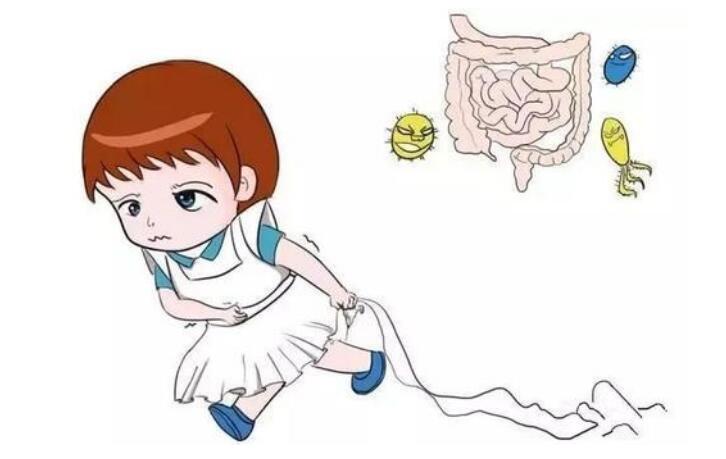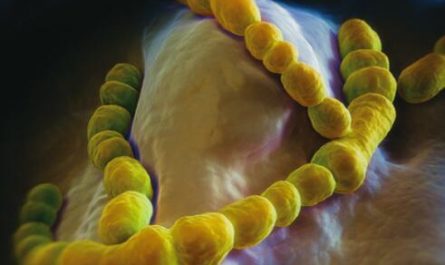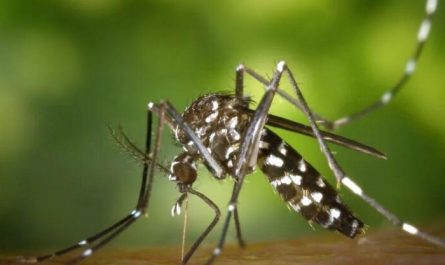In winter, many people will find a strange phenomenon-the number of times to go to the toilet is more visible to the naked eye. In fact, this is a normal phenomenon, and I believe many people have had this experience.
Temperature affects the frequency of urination
Frequent urination refers to an increase in the frequency of urination, more than 6-7 times during the day, and more than 2 times during the night. Excessive drinking, excessive consumption of diuretic fruits, nervousness, congenital small bladder and medication, and some pathological reasons may all cause frequent urination. However, few people know that temperature also affects our urination frequency.
Our body is actively working all the time, even if we sit still, it produces many metabolites. There are two main ways for these metabolites to be excreted from the body: sweat and urine.
In summer, we will find that the number of times to go to the toilet is very small. This is because the outside temperature is high in summer, and the body temperature is also high. In this case, our skin pores and sweat glands are in an open state, excess heat is excreted with sweat, metabolic waste and a part of water will also be excreted with sweat, so the number of visits to the toilet in summer will be less.
The way to excrete metabolites in winter is very different. We know that people rarely sweat in winter and their skin is relatively dry. This is because the ambient temperature is low, the human body will prevent its own heat from being lost to the environment, and sweat glands and pores are often in a tight state. Therefore, most of the metabolites are excreted through urine, so the number of toilet trips will increase.
What did the cold quietly change?
The cold actually quietly changed the secretion of hormones in the body.
There is a control center of the endocrine and nervous system in the human body-the hypothalamus. The hypothalamus is located below the thalamic sulcus, and it weighs only about 0.3% of the whole brain. The hypothalamus is the high-level center of visceral activity and plays a role in regulating body temperature, water balance, blood sugar balance, food intake and endocrine activities.
The hypothalamus regulates the activities of the endocrine system, mainly through hormones. The antidiuretic hormone secreted can improve the permeability of the kidney to water and enhance the reabsorption of water in the original urine.
After the cold stimulation acts on the hypothalamus, the antidiuretic hormone secreted by the hypothalamus is reduced. Even in the process of processing urine, the kidney’s absorption of original urine is weakened, which eventually leads to an increase in urine.
In the cold winter, the hypothalamus and other organs promote the secretion of adrenaline, which will cause a series of body reactions to resist the cold. For example: erect hair muscle contraction, skeletal muscle trembling, vasoconstriction, etc. These body reactions will speed up the metabolism and will also promote the increase of urine.
Cold irritation can cause increased urine. Frequent urination will lose salt in the body and disrupt the balance of water and minerals. When the body’s sodium (potassium) is insufficient, it will lead to hyponatremia (potassium)emia, and if potassium is too high, it will lead to hyperkalemia. In extreme cases, these three diseases can be fatal. Therefore, when urinating frequently in winter, pay attention to add water to prevent dehydration.
heads up! Frequent urination may be a health warning
Excluding some of the controllable external stimuli we mentioned before, frequent urination may be your body warning you! All kinds of small reactions shown by the body are actually the external manifestations of internal organs. If frequent urination occurs suddenly, it is probably due to the following reasons:
Benign prostatic hyperplasia is one of the common diseases in middle-aged and elderly men. The incidence increases with age. Generally, there will be no obvious clinical symptoms in the early stage.
The onset of prostate hyperplasia is slow, and it is generally difficult to determine the specific onset time. The main clinical symptoms are as follows:
Frequent urination is a more obvious symptom in patients with benign prostatic hyperplasia during the urine storage period. It is mostly manifested as the frequency of nocturia, decreased urine output, and decreased bladder urine volume. If the bladder has an infection, it is accompanied by painful urination.
During the urination period, the flow of urine may be interrupted as the abdominal pressure increases or decreases due to breathing. The main symptoms after urination are incomplete urine and excessive residual urine volume.
Urinary system infection, also known as “urinary tract infection”, is generally caused by inflammation caused by bacterial erosion. Due to the differences in the physiological structure of men and women, urinary tract infections are more common in women who have frequent sexual life and postmenopausal women.
More than 95% of urinary tract infections are caused by a single bacteria, and more than half of patients are infected with Escherichia coli. This bacterial infection is not easy to cause corresponding complications. Other types of bacterial infections include: patients with indwelling catheters are susceptible to infection by Proteus, aerobacteria, etc.; patients with diabetes, people using immunosuppressive drugs, and after kidney transplantation are susceptible to infection by Candida albicans and Cryptococcus neoformans.
There are many causes of urinary tract infections and their clinical manifestations are also different. But in many kinds of urinary tract infections, frequent urination is a certain symptom. If sudden frequent urination is accompanied by painful urination, blood in the urine, severe burning sensation in the urinary organ, high fever, vomiting and other symptoms, you need to seek medical attention to find out whether there is a urinary tract infection.
High blood sugar can also cause frequent urination, but high blood sugar is not necessarily diabetes. Fasting blood glucose above 7.0mmol/L, random postprandial blood glucose greater than 11.1mmol/L can be diagnosed as diabetes. However, fasting blood glucose between 6.0mmol/L-7.0mmol/L and postprandial blood glucose between 7.8mmol/L-11.1mmol/L may develop into diabetes. You should control your diet in time to avoid diabetes.
Diabetes mellitus is a metabolic disease characterized by chronic increase in blood glucose levels, with hyperglycemia as the main indicator. The typical characteristics of diabetes are polyphagia, polydipsia, multiple rows and weight loss, that is, “three more and one less.”
Diabetes is divided into type 1 diabetes and type 2 diabetes. When the glucose concentration in the blood is low, pancreatic islet cells secrete glucagon, which promotes the conversion of glycogen stored in the liver to glucose and releases it into the blood. When the blood sugar concentration is high, the secretion of glucagon will be reduced to maintain blood sugar balance.
In both types of diabetes patients, due to the malfunction of the islet cells or the insensitivity to the action of insulin, the glucose in the blood cannot be effectively absorbed and utilized, which leads to the increase of blood glucose concentration. Severe diabetes may cause serious complications such as cardiovascular and cerebrovascular diseases, kidney failure and amputation.
Diabetes is not to be underestimated. According to 2017 data from the International Diabetes Federation (IDF) website, China has the largest number of diabetic patients aged 20-79, reaching 144 million. Currently, no country can achieve 100% diagnosis of diabetes. Even in high-income countries, 37.3% of diabetes patients have not been diagnosed.
Frequent urination may be caused by many reasons. If it is sudden frequent urination or has caused physical discomfort, you must seek medical attention in time to find the cause. If it’s only in cold or cloudy days, the number of times to go to the toilet will increase, so you don’t need to be too nervous. Proper exercise allows your body to relieve this phenomenon through perspiration. If you urinate too often, pay attention to hydrating to prevent dehydration.






